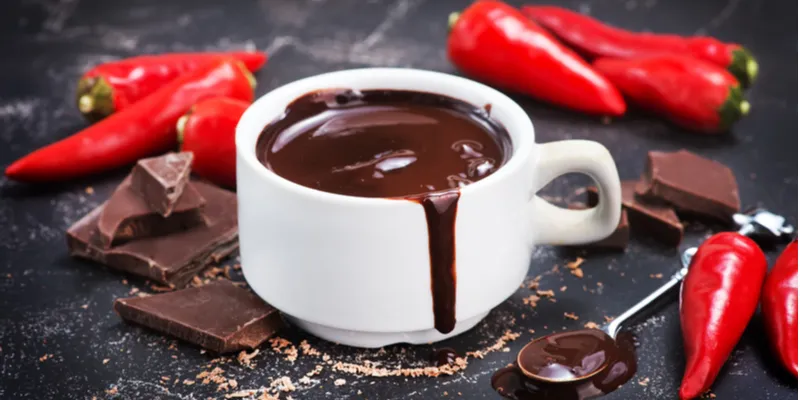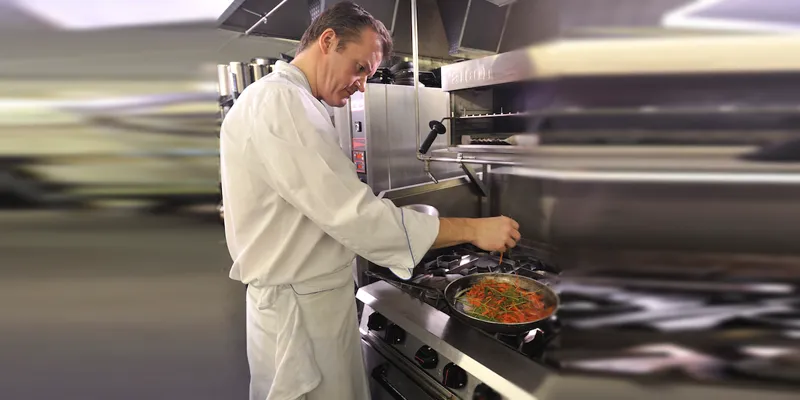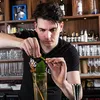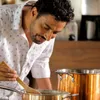‘Making a dish look pretty should be secondary’: John Wood, Michelin star chef and Founder of Kitchen CUT
Executive Chef at world-famous Burj Al Arab in Dubai, who was in Bengaluru recently got into a conversation with YS Weekender, to talk about his culinary journey, from being a chef to becoming an entrepreneur.
John Wood comes with more than 35 years of experience in the Food and Beverage Industry. He began his career at The Savoy, and has worked in some of the top hotels across the world, including Hotel Vier Jahreszeiten (rated the second-best hotel in the world), Mount Nelson Hotel, Island Shangri-La Hotel, Dorchester Hotel, and Cliveden House. He was the Executive Chef in Burj Al Arab in Dubai, where he was responsible for overseeing 37 restaurants and managing 500 Chefs. In 2007, John co-founded Kitchen CUT, which offers management tools to restaurant-entrepreneurs. The tools have been developed by John himself.
Besides managing Kitchen CUT, John also provides consultancy to chefs and restaurant owners. He was in Bengaluru as a judge at the sixth edition of the International Young Chef Olympiad 2020. YS Weekender caught up with the celebrity chef when he was in the city.

Chef John Wood
Edited excerpts from the interview:
“If you can find a job that you love doing, you will never work again” -Chef John Wood
A Thinking Chef
John likes to think of himself as a ‘Thinking Chef.’ He examines all the elements in a kitchen, and tries to understand the journey of his customers. While seeking inspiration from books, magazines and of course, by eating out a lot, the majority of John’s dishes are inspired by his thoughts.
“You can think and taste food even before eating it,” he says.
While most people presume that chocolate has only got to do with desserts, John feels that this ingredient is a great enhancer of a dish. He appreciates how Spanish people combine chocolate with chilli. John often uses chocolates in his casseroles. He says, “I am traditional in many ways, but I love to push boundaries and use a lot of spices and herbs.”

Chef John Wood appreciates how Spanish people combine chocolate with chilli
He also feels that many chefs worry about what a dish looks like, but he is more concerned about the flavours and whether the ingredients marry each other. He says, “Making a dish look pretty comes secondary.”
Where it began
Born in Bristol, John was the youngest of four siblings. As he was from an academically inclined family, he enjoyed school but always found something missing in his life. At the age of 14, he started helping his mother in the kitchen and finally found his calling. “Putting ingredients together and making a dish from scratch fascinated me,” he says.
In those days, chefs were limited to television presenters and it was not a popular profession. Through an acquaintance, John met English celebrity cook and restaurateur, Keith Floyd. “He recognised my passion and asked me to make use of it by working in hotels,” John says.
Becoming a chef meant John would not just be able to follow his passion but he would also get an opportunity to travel, and earn some money as well. This seemed like a golden opportunity at the time. After finishing school, John went to London and got a job at The Savoy. His Chartered Accountant father was surprised at his decision. John's mother, however, was pleased that he had finally found his calling.
While working with The Savoy, John enrolled himself for a course in Culinary Arts in London.
“I couldn’t get enough of being in the kitchen. It was very addictive and I would spend 100 hours a week, sleeping only two to three hours every day. I would wake up and think about food and go to bed thinking about food,” he says.

Chef John Wood at work
The India connect
This is John’s eighth visit to India and he says that with every trip, he enjoys newer experiences. His first trip to India dates back to 12 years ago when he rode from Goa to South India, covering almost 2,000 kilometres on a Royal Enfield.
“It was an opportunity to experience India without having to stay in any 5-star hotel and experience the local cuisines. It is very interesting to notice how cuisines changed as I drove down from Goa to the villages of South India,” he recalls.
John is very fond of Indian chefs and during his tenure at the Burj Al Arab, 80 per cent of his chefs were Indians. “Indian chefs are not just committed and dedicated, but are also very open to learning new techniques and I love teaching them,” he says.
Talking about the new trends in the F&B sector, John says that while foodies across the world have just discovered vegetarianism and veganism and are hyped up about it, India is 50 years ahead of everyone else. In the UK itself, there has been a 300 per cent increase in vegetarianism and veganism, but India has been experimenting with vegetarian food, spices and herbs since ages, and has a lot to offer.

Chef John Wood believes that India is way ahead of its time when it comes to veganism and vegetarianism
Taking the entrepreneurial plunge
For almost 35 years John has been working in restaurants and he remembers one thing being constant throughout his journey - the labour-intensive manual processing, the excel spreadsheets and costing recipes. The pressure, especially in smaller restaurants, is tough and John always wanted to create a system to help chefs and F&B operators.
“Chefs like cooking in the kitchen but you will rarely find anyone saying that they enjoyed filling excel sheets. That was the idea behind Kitchen CUT. We wanted to reduce the administrative burden by automating it through technology,” John says.
He founded Kitchen CUT in 2007 and besides helping in the management of a restaurant, Kitchen CUT also helps chefs track allergens, note the nutritional value of recipes, and check calorie values. It is a cloud-based software and is now operational in 56 countries.
In India, hotels like Hilton and Four Seasons use Kitchen CUT. The platform also manages procurement and stock, and is available in five languages.
When asked whether he is an entrepreneur or a chef, John says, “I am a chef at heart, but with an entrepreneur’s spirit."
He has one tip for aspiring chefs. “Make sure you really want to do it, and once you are sure, be the best at it”
As for the one food he would choose to eat for the rest of his life, John replies, “I would say bread, for the versatility it offers.”
(Edited by Asha Chowdary)






![[Year in Review 2021] Yoga, music, baking, and OTT: most-viewed stories of 2021](https://images.yourstory.com/cs/7/11718bd02d6d11e9aa979329348d4c3e/weekender3-1640743545098.png?mode=crop&crop=faces&ar=1%3A1&format=auto&w=1920&q=75)


